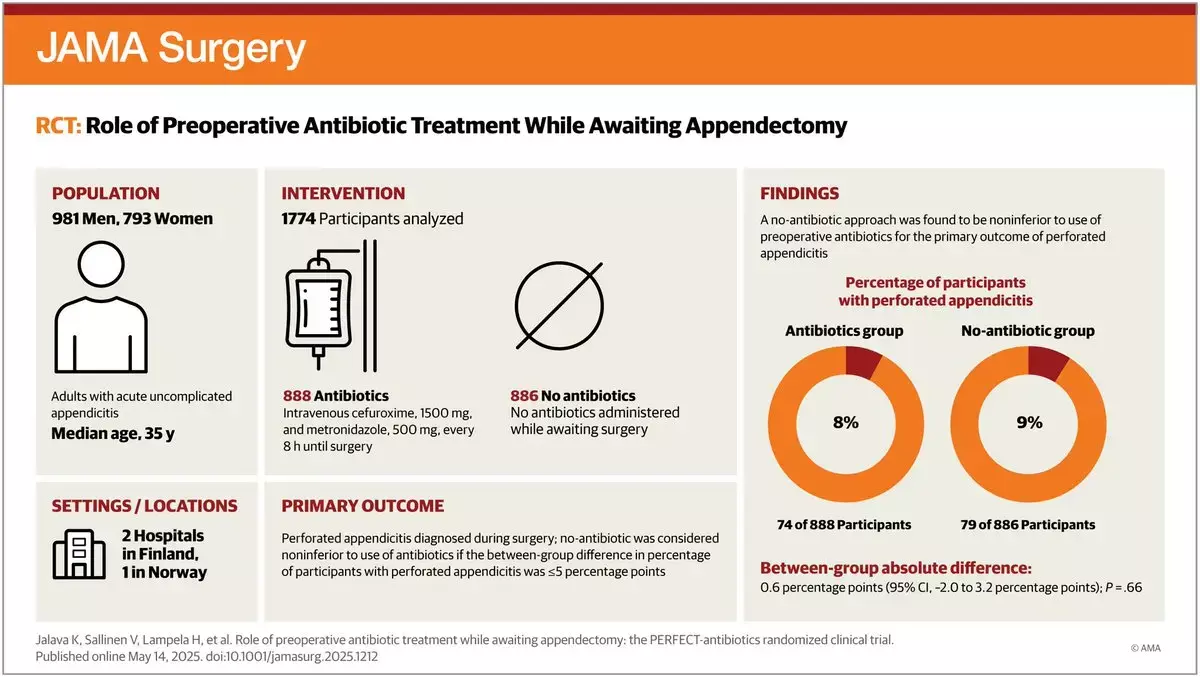- Home
- Medical news & Guidelines
- Anesthesiology
- Cardiology and CTVS
- Critical Care
- Dentistry
- Dermatology
- Diabetes and Endocrinology
- ENT
- Gastroenterology
- Medicine
- Nephrology
- Neurology
- Obstretics-Gynaecology
- Oncology
- Ophthalmology
- Orthopaedics
- Pediatrics-Neonatology
- Psychiatry
- Pulmonology
- Radiology
- Surgery
- Urology
- Laboratory Medicine
- Diet
- Nursing
- Paramedical
- Physiotherapy
- Health news
- Fact Check
- Bone Health Fact Check
- Brain Health Fact Check
- Cancer Related Fact Check
- Child Care Fact Check
- Dental and oral health fact check
- Diabetes and metabolic health fact check
- Diet and Nutrition Fact Check
- Eye and ENT Care Fact Check
- Fitness fact check
- Gut health fact check
- Heart health fact check
- Kidney health fact check
- Medical education fact check
- Men's health fact check
- Respiratory fact check
- Skin and hair care fact check
- Vaccine and Immunization fact check
- Women's health fact check
- AYUSH
- State News
- Andaman and Nicobar Islands
- Andhra Pradesh
- Arunachal Pradesh
- Assam
- Bihar
- Chandigarh
- Chattisgarh
- Dadra and Nagar Haveli
- Daman and Diu
- Delhi
- Goa
- Gujarat
- Haryana
- Himachal Pradesh
- Jammu & Kashmir
- Jharkhand
- Karnataka
- Kerala
- Ladakh
- Lakshadweep
- Madhya Pradesh
- Maharashtra
- Manipur
- Meghalaya
- Mizoram
- Nagaland
- Odisha
- Puducherry
- Punjab
- Rajasthan
- Sikkim
- Tamil Nadu
- Telangana
- Tripura
- Uttar Pradesh
- Uttrakhand
- West Bengal
- Medical Education
- Industry
Preoperative Antibiotics Offer No Significant Benefit in Preventing Appendix Perforation or Postoperative Infections: JAMA

Researchers have found in PERFECT-antibiotics randomized clinical trials that initiating antibiotics before surgery did not reduce the risk of appendix perforation when appendectomy occurred within 24 hours. While longer preoperative antibiotic use slightly reduced postoperative infections, the difference was minimal and likely not clinically meaningful, suggesting extended antibiotic use is not justified.
Antibiotics are thought to decelerate inflammation progression and reduce complications in acute uncomplicated appendicitis. The evidence of their effectiveness is insufficient, and treatment practices vary widely. A study was done to investigate the effect of preoperatively started antibiotic treatment on the rate of appendiceal perforation. This multicenter, noninferiority, open-label randomized clinical trial was conducted in 2 hospitals in Finland and 1 hospital in Norway between May 18, 2020, and January 22, 2023.
Data analysis was performed from March 2023 to March 2024. Eligible patients were adults (aged >18 years) diagnosed with presumed uncomplicated acute appendicitis. Patients with allergies or other contraindications to study antibiotics, previously started antibiotic treatment, pregnancy, a suspicion of perforated appendicitis, or other reasons to perform prompt surgery were excluded. Patients were randomized 1:1 with a web-based service simultaneously as the laparoscopic appendectomy was scheduled. Antibiotic treatment started while waiting for surgery (cefuroxime, 1500 mg, and metronidazole, 500 mg, every 8 hours until the surgery) or waiting without antibiotic treatment. Patients in both groups received a single prophylactic dose of antibiotics in the induction of anesthesia.
The primary outcome was perforated appendicitis diagnosed during surgery. The absolute difference in perforation rates was compared between the groups by an intention-to-treat analysis, and the predefined noninferiority margin was 5 percentage points. Secondary outcomes included surgical site infections within 30 days. Results A total of 1797 patients were randomly assigned to either the antibiotic group (n = 901) or no-antibiotic group (n = 896). Median (IQR) patient age was 35 (28-46) years, and 793 patients (45%) were female. After randomization, 23 patients (1.3%) were excluded, leaving 1774 patients for the intention-to-treat analyses.
The difference between the appendiceal perforation rates met the noninferiority threshold: 74 of 888 patients in the antibiotic group (8.3%) vs 79 of 886 patients in the no-antibiotic group (8.9%; absolute difference, 0.6 percentage points; 95% CI, −2.0 to 3.2 percentage points; P = .66; risk ratio, 1.07; 95% CI, 0.79 to 1.45). For secondary outcome, the surgical site infection rate was slightly lower in the antibiotic group (14 of 887 [1.6%]) vs the no-antibiotic group (28 of 886 [3.2%]; absolute difference, 1.6 percentage points; 95% CI, 0.2 to 3.0 percentage points; P = .03). In this multicenter noninferiority randomized clinical trial, preoperatively started antibiotic treatment did not decrease the risk of appendiceal perforation when appendectomy was performed within 24 hours in adult patients with presumed uncomplicated acute appendicitis.
Reference:
Jalava K, Sallinen V, Lampela H, et al. Role of Preoperative Antibiotic Treatment While Awaiting Appendectomy: The PERFECT-Antibiotics Randomized Clinical Trial. JAMA Surg. Published online May 14, 2025. doi:10.1001/jamasurg.2025.1212
Dr. Shravani Dali has completed her BDS from Pravara institute of medical sciences, loni. Following which she extensively worked in the healthcare sector for 2+ years. She has been actively involved in writing blogs in field of health and wellness. Currently she is pursuing her Masters of public health-health administration from Tata institute of social sciences. She can be contacted at editorial@medicaldialogues.in.
Dr Kamal Kant Kohli-MBBS, DTCD- a chest specialist with more than 30 years of practice and a flair for writing clinical articles, Dr Kamal Kant Kohli joined Medical Dialogues as a Chief Editor of Medical News. Besides writing articles, as an editor, he proofreads and verifies all the medical content published on Medical Dialogues including those coming from journals, studies,medical conferences,guidelines etc. Email: drkohli@medicaldialogues.in. Contact no. 011-43720751


